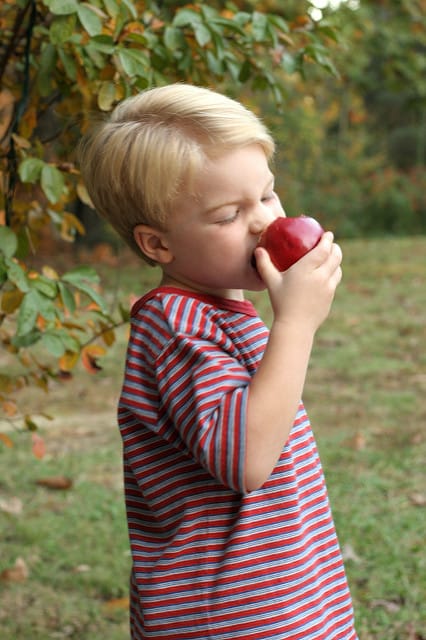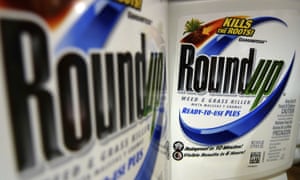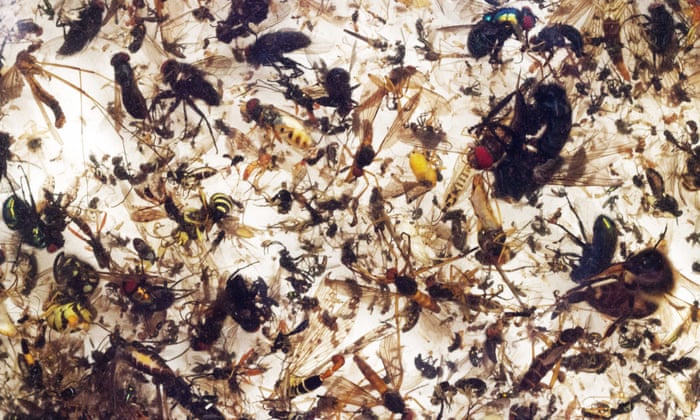Environmental Documentary Series: Tonight - Anote’s Ark (Public Screening of yet unreleased award-winning film) and A Climate for Conflict. SHU, Science Building 131, 7pm
Following what goes on with oil and gas exploitation in and around Adrian, Michigan since 2013 - and how these events in our little city connect to the global environmental situation... - with the occasional sidetrack to other related environmental issues in Lenawee county, Michigan and how those relate to global issues.
Wednesday, February 20, 2019
Tuesday, February 19, 2019
Fast fashion is harming the planet, MPs say - BBC News
Young people's love of fast fashion is coming under the scrutiny of Britain's law-makers.
MPs say the fashion industry is a major source of the greenhouse gases that are overheating the planet.
Discarded clothes are also piling up in landfill sites and fibre fragments are flowing into the sea when clothes are washed.
The retailers admit more needs to be done, but say they are already working to reduce the impact of their products.
 Image copyrightGETTY IMAGES
Image copyrightGETTY IMAGES
Image captionDoes my environmental impact look big in this?
Fast fashion is harming the planet, MPs say - BBC News
MPs say the fashion industry is a major source of the greenhouse gases that are overheating the planet.
Discarded clothes are also piling up in landfill sites and fibre fragments are flowing into the sea when clothes are washed.
The retailers admit more needs to be done, but say they are already working to reduce the impact of their products.
 Image copyrightGETTY IMAGES
Image copyrightGETTY IMAGESFast fashion is harming the planet, MPs say - BBC News
Sunday, February 17, 2019
Your Pesticide Levels Can Drop Dramatically by Eating All Organic - Cornucopia Institute
In a new study, 16 children and adults who ate only organic food for six days experienced a 60.5% reduction in the levels of common pesticides in their bodies.
Your Pesticide Levels Can Drop Dramatically by Eating All Organic - Cornucopia Institute
Open Access Science article: https://www.sciencedirect.com/science/article/pii/S0013935119300246
 |
Your Pesticide Levels Can Drop Dramatically by Eating All Organic - Cornucopia Institute
Open Access Science article: https://www.sciencedirect.com/science/article/pii/S0013935119300246
Weedkiller 'raises risk of non-Hodgkin lymphoma by 41%' | Business | The Guardian
A broad new scientific analysis of the cancer-causing potential of glyphosate herbicides, the most widely used weedkilling products in the world, has found that people with high exposures to the popular pesticides have a 41% increased risk of developing a type of cancer called non-Hodgkin lymphoma.

Bottles of Roundup herbicide, a product of Monsanto. Findings come as regulators in several countries consider limiting the use of glyphosate-based products in farming. Photograph: Jeff Roberson/AP
Weedkiller 'raises risk of non-Hodgkin lymphoma by 41%' | Business | The Guardian
Open access science article: https://www.sciencedirect.com/science/article/pii/S1383574218300887

Weedkiller 'raises risk of non-Hodgkin lymphoma by 41%' | Business | The Guardian
Open access science article: https://www.sciencedirect.com/science/article/pii/S1383574218300887
Friday, February 15, 2019
Climate risk missing in polar vortex reporting » Yale Climate Connections
Needed: Reporting on climate risks from polar vortex The late January deep freeze across much of the U.S. offers a valuable 'teachable moment' for media: Polar vortex heightens risks from climate change.
Americans watched toward the end of January as winter storm Jayden plunged much of the country (including parts of the Midwest where I live) to record-breaking low temperatures.
The extreme cold upended daily life, closed schools and universities, and disrupted mail service in 10 states and air travel around the country. Meanwhile, Australia experienced its hottest January on record.

NASA’s Atmospheric Infrared Sounder (AIRS) instrument captures a polar vortex moving from Central Canada into the U.S. Midwest from January 20 through January 29. (Image credit: NASA/JPL-Caltech AIRS Project)
Climate risk missing in polar vortex reporting » Yale Climate Connections
Americans watched toward the end of January as winter storm Jayden plunged much of the country (including parts of the Midwest where I live) to record-breaking low temperatures.
The extreme cold upended daily life, closed schools and universities, and disrupted mail service in 10 states and air travel around the country. Meanwhile, Australia experienced its hottest January on record.

Climate risk missing in polar vortex reporting » Yale Climate Connections
Sunday, February 10, 2019
Plummeting insect numbers 'threaten collapse of nature' | Environment | The Guardian
The world’s insects are hurtling down the path to extinction, threatening a “catastrophic collapse of nature’s ecosystems”, according to the first global scientific review.
More than 40% of insect species are declining and a third are endangered, the analysis found. The rate of extinction is eight times faster than that of mammals, birds and reptiles. The total mass of insects is falling by a precipitous 2.5% a year, according to the best data available, suggesting they could vanish within a century.

The rate of insect extinction is eight times faster than that of mammals, birds and reptiles. Photograph: Courtesy of Entomologisher Verein Krefeld
Plummeting insect numbers 'threaten collapse of nature' | Environment | The Guardian
More than 40% of insect species are declining and a third are endangered, the analysis found. The rate of extinction is eight times faster than that of mammals, birds and reptiles. The total mass of insects is falling by a precipitous 2.5% a year, according to the best data available, suggesting they could vanish within a century.

Plummeting insect numbers 'threaten collapse of nature' | Environment | The Guardian
Adrian is Back on the Map to Monitor Air Pollution from Particulate Matter PM2.5
Adrian is back on the map to monitor air pollution from particulate matter PM2.5.
https://www.purpleair.com/map#7.19/42.453/-84.267
https://www.purpleair.com/map#7.19/42.453/-84.267
Subscribe to:
Comments (Atom)

